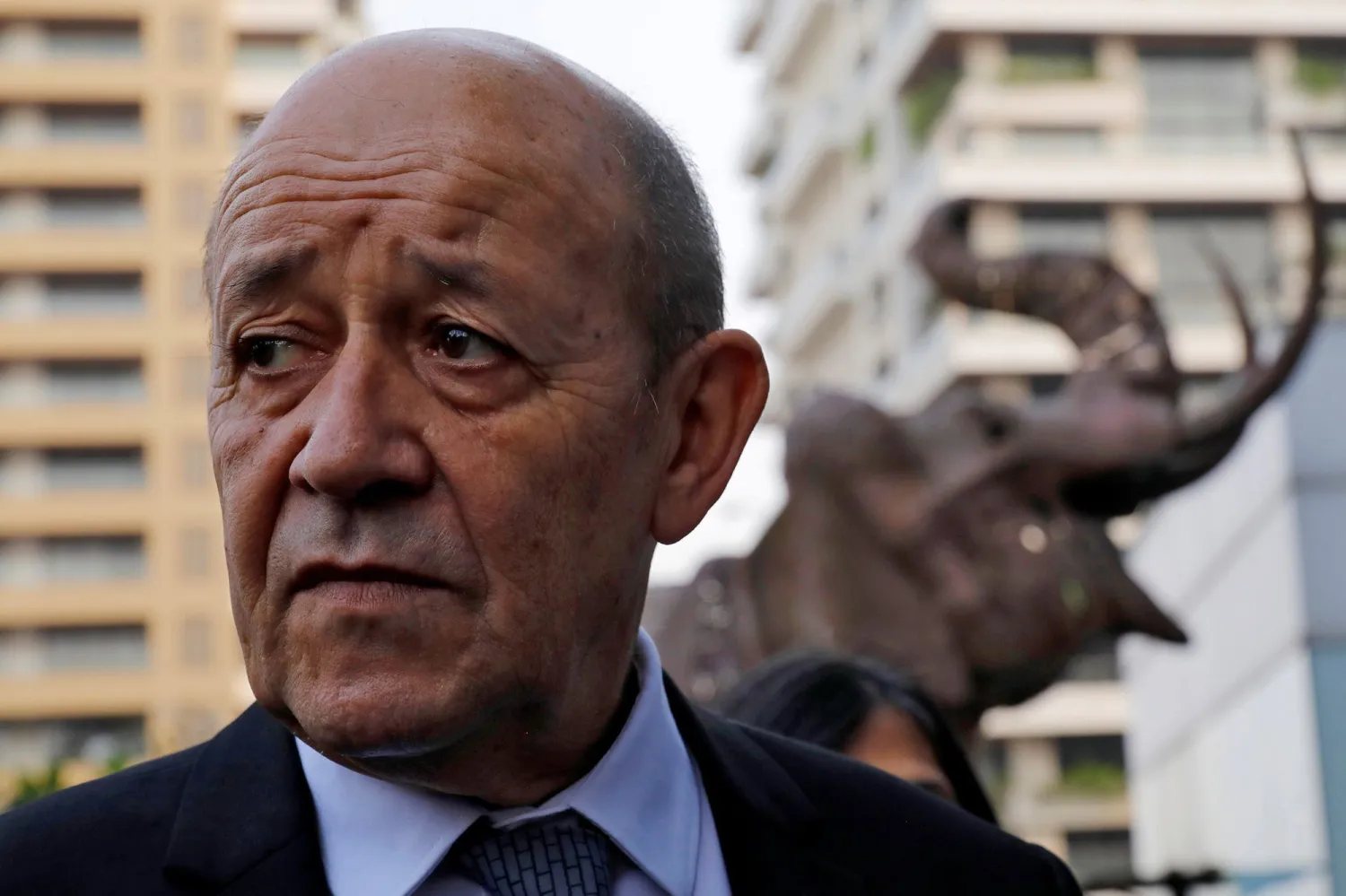French Foreign Minister Jean-Yves Le Drian announced Wednesday that a new trade mechanism with Iran will be ready “within days.”
European-backed system to facilitate non-dollar trade with Iran is aimed at circumventing US sanctions.
Diplomats have told Reuters the European Union is set to officially launch the mechanism this month, but the so-called special purpose vehicle (SPV) will not operate for several months because technical details still need to be worked out.
The SPV “should be implemented in the coming days”, Jean-Yves Le Drian told the French parliament’s foreign affairs committee.
“It will work as a sort of clearing house that will allow in euros for Iran to benefit from some of its oil resources and at the same time buy essential products from the main three main (European) partners,” Le Drian said.
Under the 2015 Iran nuclear deal, Iran restricted its declared civilian nuclear power program, widely seen in the West as a front for developing the means to make atomic bombs, in exchange for an end to international sanctions against it.
To circumvent renewed US sanctions imposed after Washington pulled out of the deal, the SPV was conceived as a possible way to help match Iranian oil and gas exports against purchases of EU goods, an effective barter arrangement.
However, those ambitions appear to have been toned down with diplomats saying the SPV could realistically only be used for smaller trade that might be tolerated by the Trump administration, for example humanitarian or farm products.









